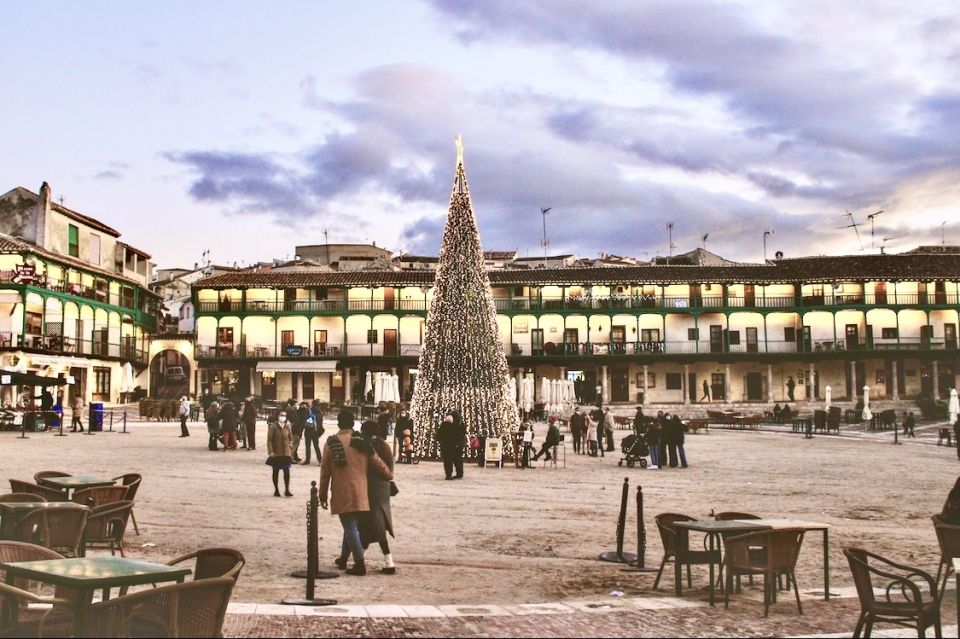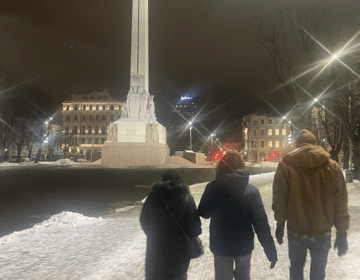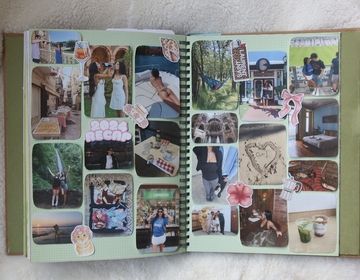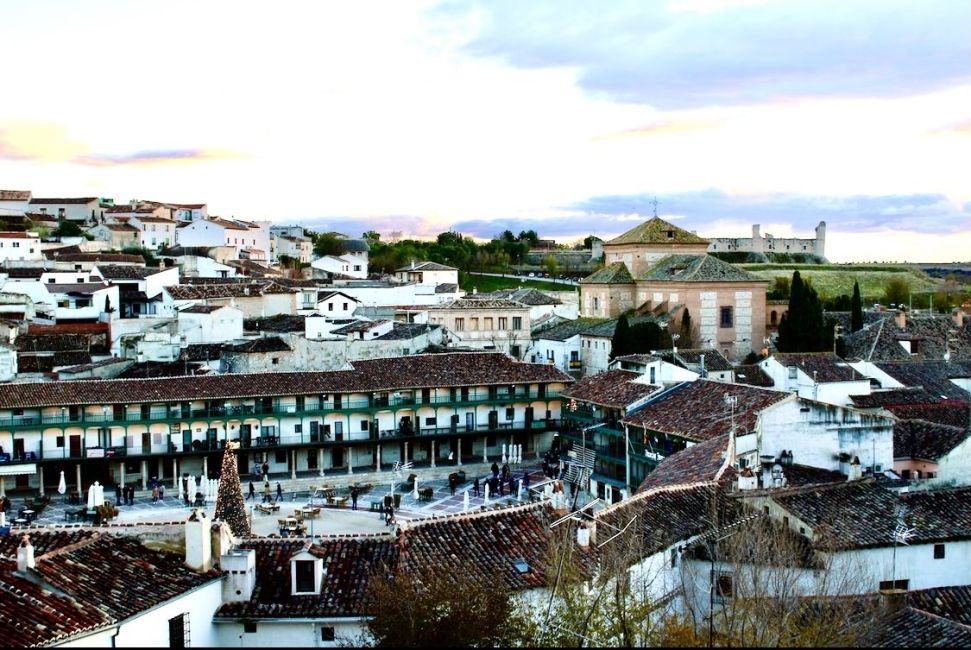Common Spanish Dichos

One of the beauties of living in Spain, besides the elegant fashion, is the exposure to the language through colloquial conversation. Once you’ve heard the same phrases repeated day after day, your brain can forget its ninth-grade Spanish curriculum and start using context clues instead of Google Translate. If you find that your Spanish isn’t coming easily to you, be like Leslie Odom Jr. and tell yourself to “talk less” and listen more. You’ll start collecting key phrases and, once you're brave enough to use them with a Spaniard, sound like a local in no time. For those who are feeling less than excited to strengthen their Spanish synapses, worry not. I’ve got a handful of phrases and terms that ive collected from my time in cafes, classrooms, and of course, long walks through Madrid! Read through, and next time you eavesdrop on a Spanish conversation, see if you can pick one out!
1. Vale.
This one wins the most-likely-to-be-used-in-a-sentence award. You can compare it to how many times English speakers use the word okay. Vale is used as either a confirmation or an affirmation.
For example-
Confirmation: “I’m sorry the restaurant is at capacity, but come back in two hours and there will be tables, vale?”
Affirmation: Vale (“okay”, “I understand”, “got it”)
2. ¡Qué mono!
Mono means monkey, but the phrase translates to “so cute”, and is usually used when referring to animals or small children.
3. Ya está
all done, that’s it
*can be used as a statement or question
4. ¡Qué asusto!
You can say this when someone startles you. For example, you may be quietly working in the office and someone drops their books, making a loud noise.
5. Dáte la vuelta
turn around
6. ¡Oye!
I like to compare this to the way we use the word “hey!” to get someone’s attention, potentially with an impatient tone. For example, “¡Oye! Can you turn your music down?”
7. No pasa nada
no problem, no worries, nothing happened. This is a reassuring phrase. For example, someone may bump into you on the metro by mistake and say "perdona". You may say "no pasa nada" to assure them that no harm was done.
8. ¿Qué te pongo?
What can I get for you?
9. Agua de grifo
tap water
*Many restaurants will serve bottled water and charge you, unless you specify that you want tap water.
10. ¿En efectivo o tarjeta?
Cash or card?

Vale, ¡ya está! I hope that you find these dichos useful and start to hear them among Madrid’s beautiful streets, cafés, shops, schools, and people. Tune in next time for more Duolingo with Shannon.
¡Hasta luego!

Related Posts

How to Get a Spanish Library Card in Madrid (From an Aux Who Has One)
Looking to read more books in Spanish to improve your fluency? Check out this post for an explanation on how to get a Spanish library card in Madrid as an aux.

A Weekend Guide to Riga, Latvia
After living in Latvia for a few months when I studied abroad, I've become something of a Latvia devotee. It's been three years since I moved away and still won't shut up about how good of a time I had there, so this is me just trying to share the wealth.

Coping With Being Abroad During Big Events And Holidays
Being abroad for an extended period can be emotionally challenging, especially when distance creates guilt around missing major moments back home. This post explores practical and emotional ways to stay connected with loved ones, from managing time zone differences to sharing traditions abroad. Through journaling and reflection, this experience, both the highs and lows, can become a meaningful chapter rather than something to simply endure.
